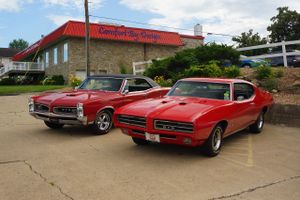It’s not the preferred two-wheeled method of transportation…
So-called “smart cities” seem to be all the rage these days. While there’s no singular concept of what they entail, the overall vision is that by using the latest in connectivity and transportation technologies, governments can create a utopian municipality where all citizens finally live in lasting harmony. That sure sounds great, but for those who want to ride a motorcycle, the brutal truth is you might not be welcome, at least not without conditions.
Outright bans on motorcycles seem to be increasing all around the globe. Learn more here.
Having read countless studies, white papers, and reports on the topic for years, I have yet to see a single significant “smart city” proposal outside of Europe and the Pacific Rim which really talks up the use of motorcycles. Plenty gush about electric cars and having a public charging network, plus a plethora of options for cycling, walking, and riding light rail. But when it comes to motorcycles these planners just don’t see them at best or show absolute disdain for them at worst.
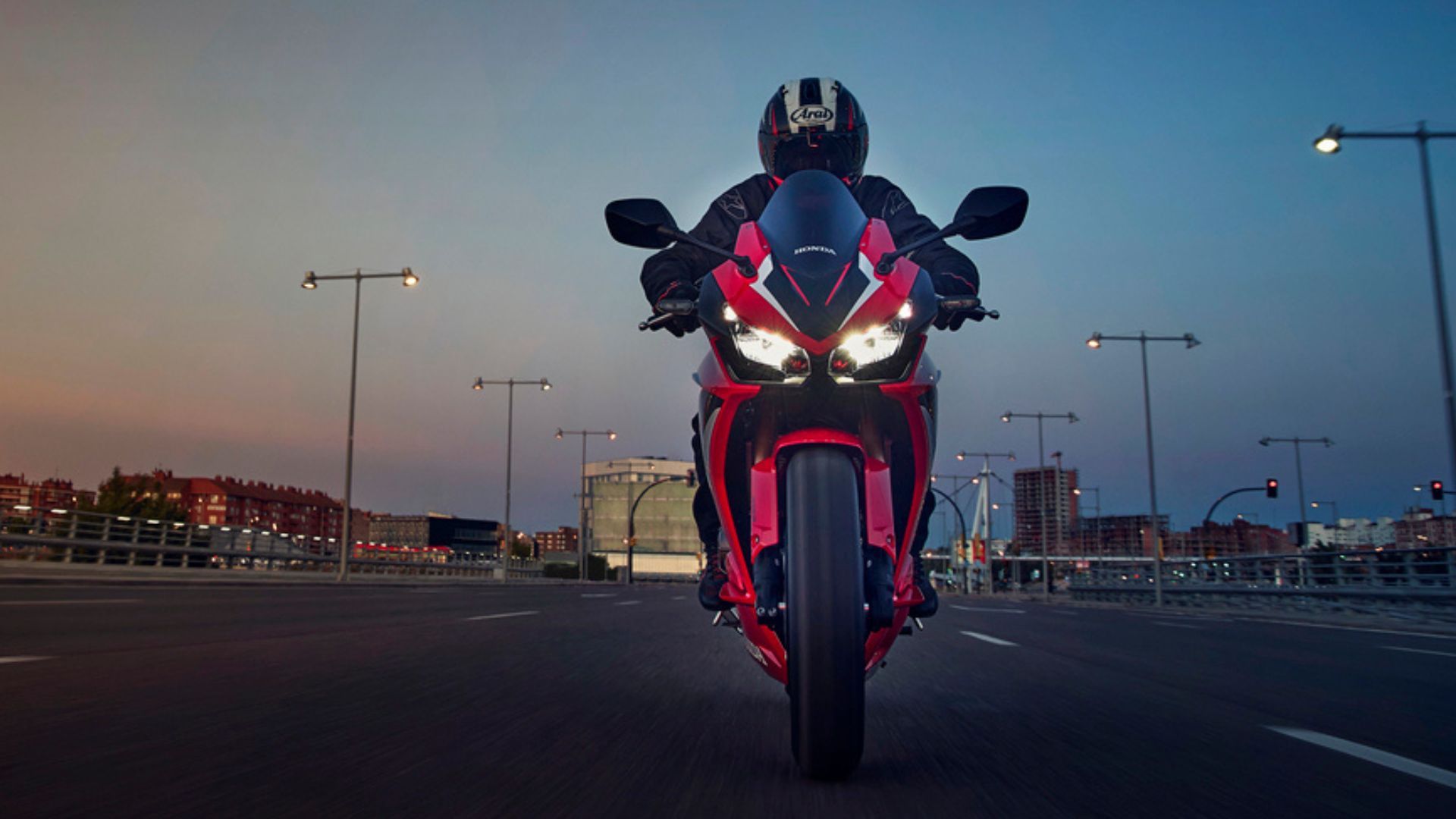
Many behaviorists love to think of their fellow humans as slates. They believe in the “blank slate” theory that we’re all born without personalities or personal preferences, meaning our environment solely influences how we perceive things and our behavior – in other words all nurture and no nature. Any parent who has spent significant time with their children when they’re infants knows this to not be the case. This line of thought leads behaviorists who work on smart city designs to lean heavily into “behavioral nudges” as if we’re all rats in the maze who just need to subtly be told what to do at every turn.
This is likely why planners think if they put big bike paths and lanes all over the place, everyone will just start riding bikes. After all, we’re a slate ready for the municipal government, marketers, or anyone else to imprint whatever behavior they want. It’s like these people don’t get that while some people are content to be herded like mindless sheep, others will push against those efforts with glee. This is especially true of people who ride motorcycles, a fact which surprisingly escapes these intellectuals, proving yet again that highly educated people can be some of the dumbest individuals.
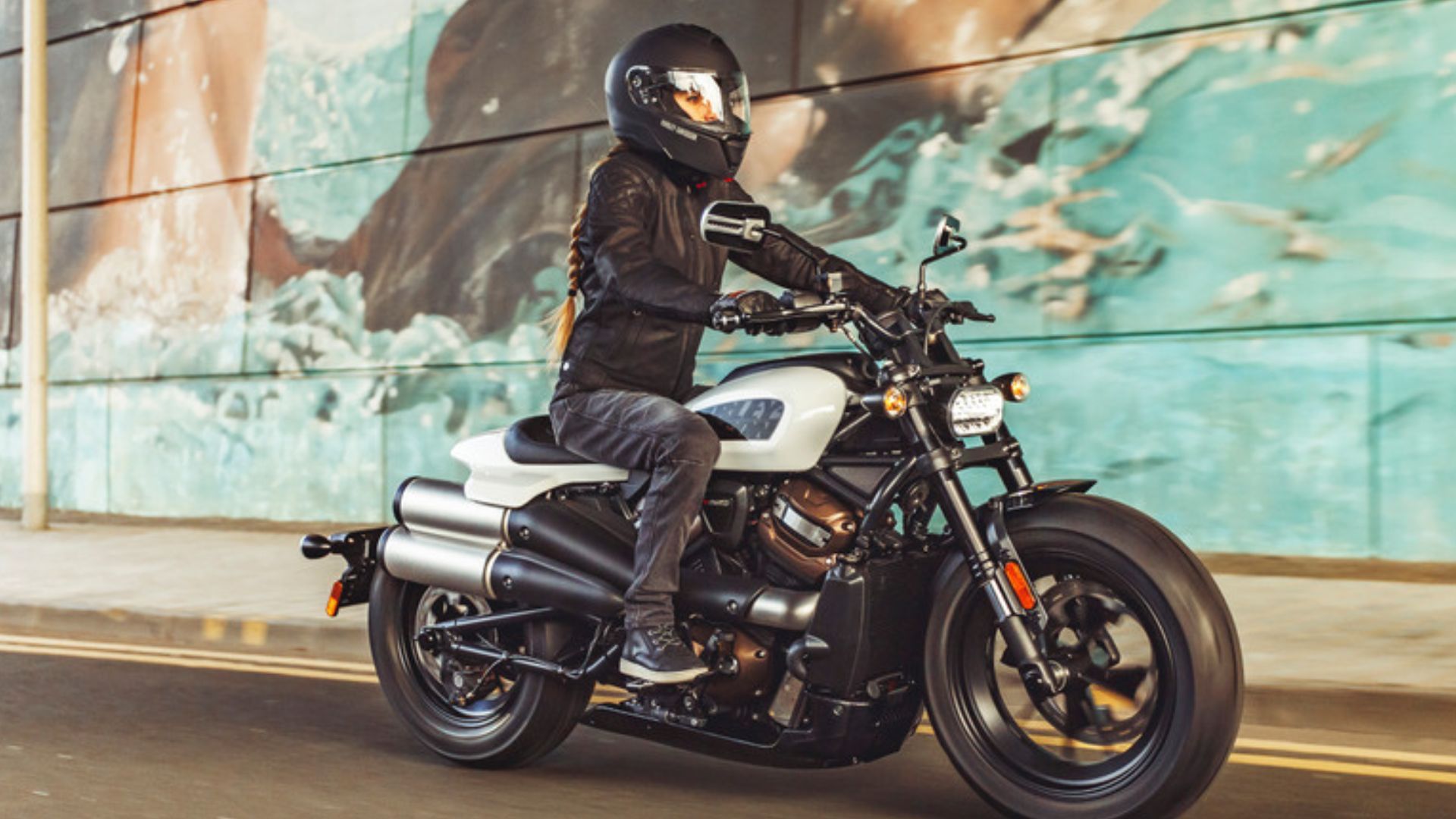
When I lived in Salt Lake City, the mayor and city council decided to make extra-large bike lanes on certain downtown streets to encourage cycling and discourage driving. The result was a corridor of small local businesses which thrived in the area for decades shriveled up and either moved or died.
Another example of a behavioral nudge comes from the city of Hangzhou in China. Municipal authorities offered the first hour of a bike rental free to get people hooked on the service. Copenhagen has its bicycle footrests at intersections. And there are plenty others. I don’t think adding infrastructure for cyclists is bad, but it seems like nowhere in these North American city plans are behavioral nudges to encourage motorcycle riding, like motorcycle-only parking spots. If you know of any, I would genuinely like to hear about them.
The reason for this seems obvious: motorcycles are loud, perceived as aggressive, and they pollute. While an e-bike is basically silent in its operation and doesn’t directly pollute, the power source used to recharge the battery might. But this is all about image just like in the Simpsons episode where they move to Scorpio’s perfect city, Cypress Creek.
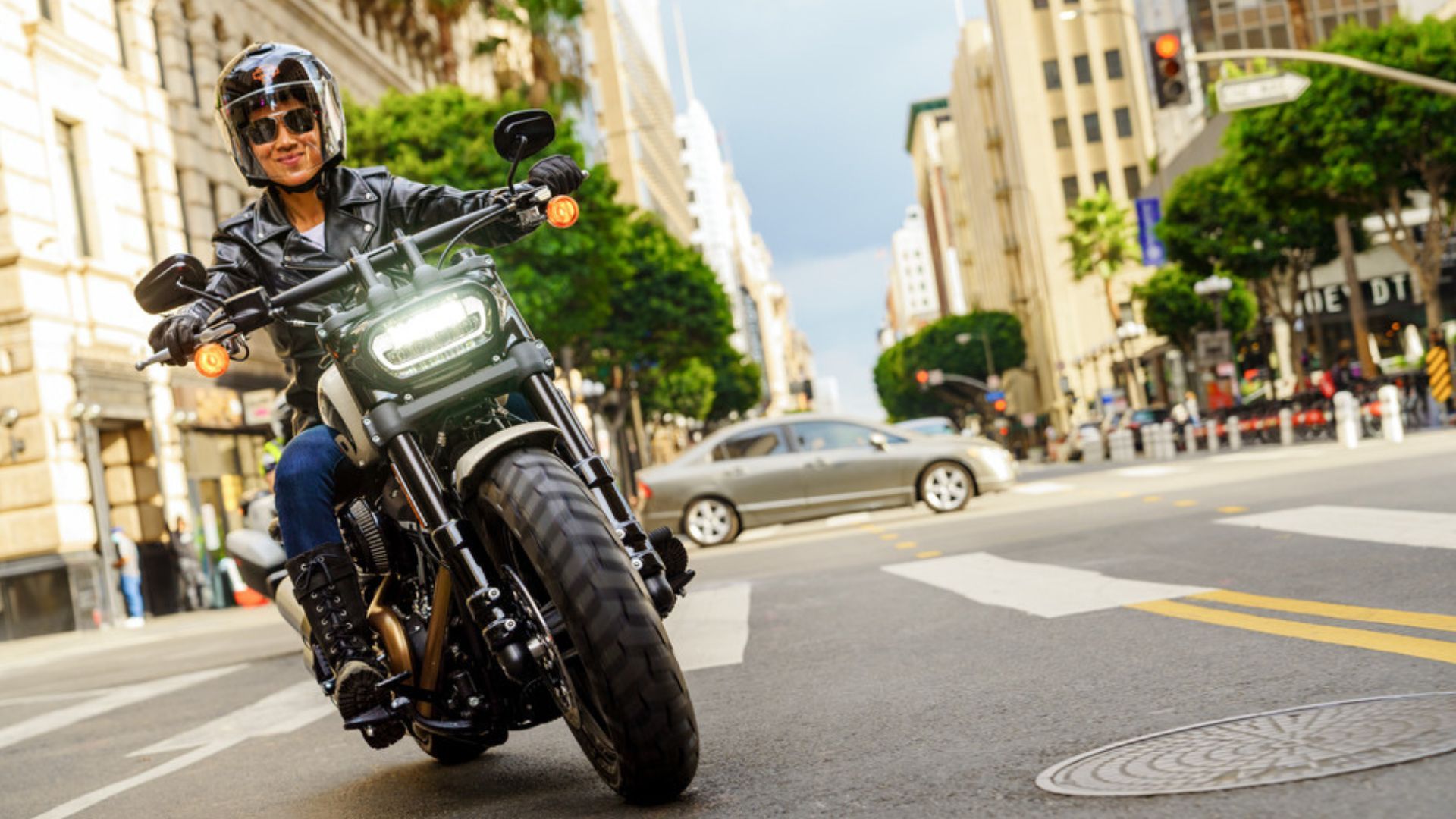
What about electric motorcycles? Why aren’t those included in so many of these “smart city” plans? It’s a fair question and one I have no tangible answers to. The only thing I can imagine is that they’re still viewed as rebellious, dangerous, and aggressive despite zero tailpipe emissions, proving that noise and air pollution aren’t the sole complaints those developing utopian cities harbor.
I have run across concerns both here and in Europe that motorcycles take up more space than bicycles. Following that logic, motorcycles also take up significantly less space than cars. And electric scooters take up less space than bicycles.
Another objection to motorcycles has to do with safety. After all, motorcycles can go fast and they weigh more than a bicycle. That means pedestrians aren’t as safe around them. However, some of these e-bikes can get going pretty fast and with the onboard batteries they don’t weigh nothing. So that seems to be another tenuous argument against motorcycles, at best.
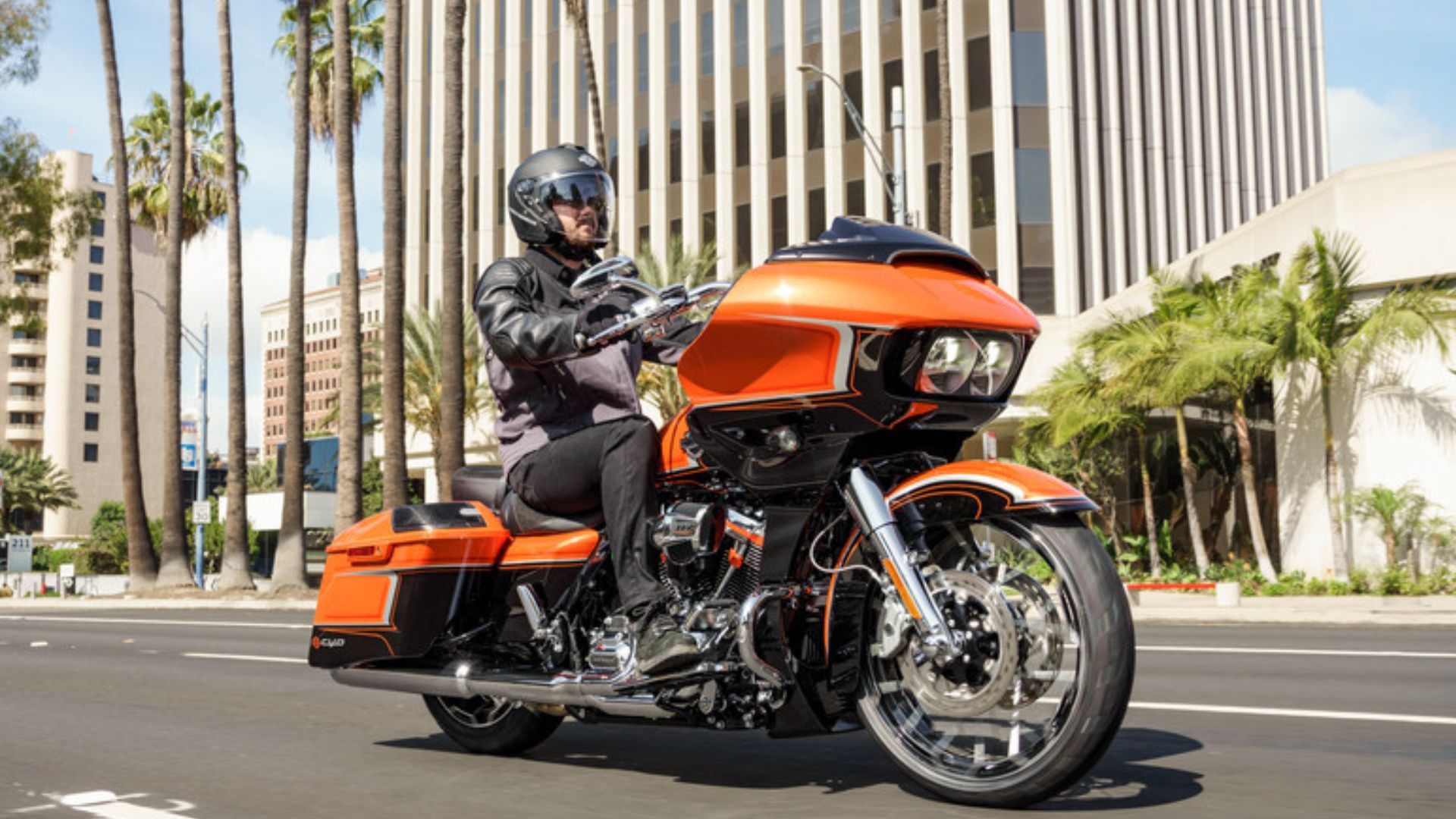
Like I said before, there are exceptions. I’ve seen plans in the Pacific Rim for electric motorcycle battery swap stations. Since the batteries are small, riders can swap them in and out of a kiosk unassisted. Others have talked about vehicle to vehicle (V2V) communication which alerts drivers to the presence of a motorcycle nearby and allows the onboard safety systems to automatically brake, etc. to protect the rider. But with the ruling last week in the D.C. circuit court about FCC’s reallocation of part of the 5.9GHz band for Wi-Fi, encroaching on V2V communications, that technology now looks to be further away.
What about motorcyclists who don’t like the idea of city infrastructure tracking their every movement through V2V or V2I (vehicle to infrastructure) communications? Again, riders tend to be fiercely independent, so expecting them to surrender some freedoms for the promise of greater security isn’t realistic.
As for electric motorcycles, it’s a topic I’ve explored many times before. With often laughable range and huge purchase prices, a lot of riders avoid them. I still argue these “smart city” plans do nothing for your average rider, especially for someone who doesn’t comply with the ever-tightening demands of those seeking to establish utopia on Earth.
Photos: Honda, Harley-Davidson


